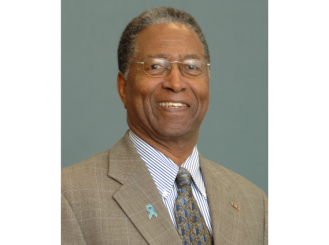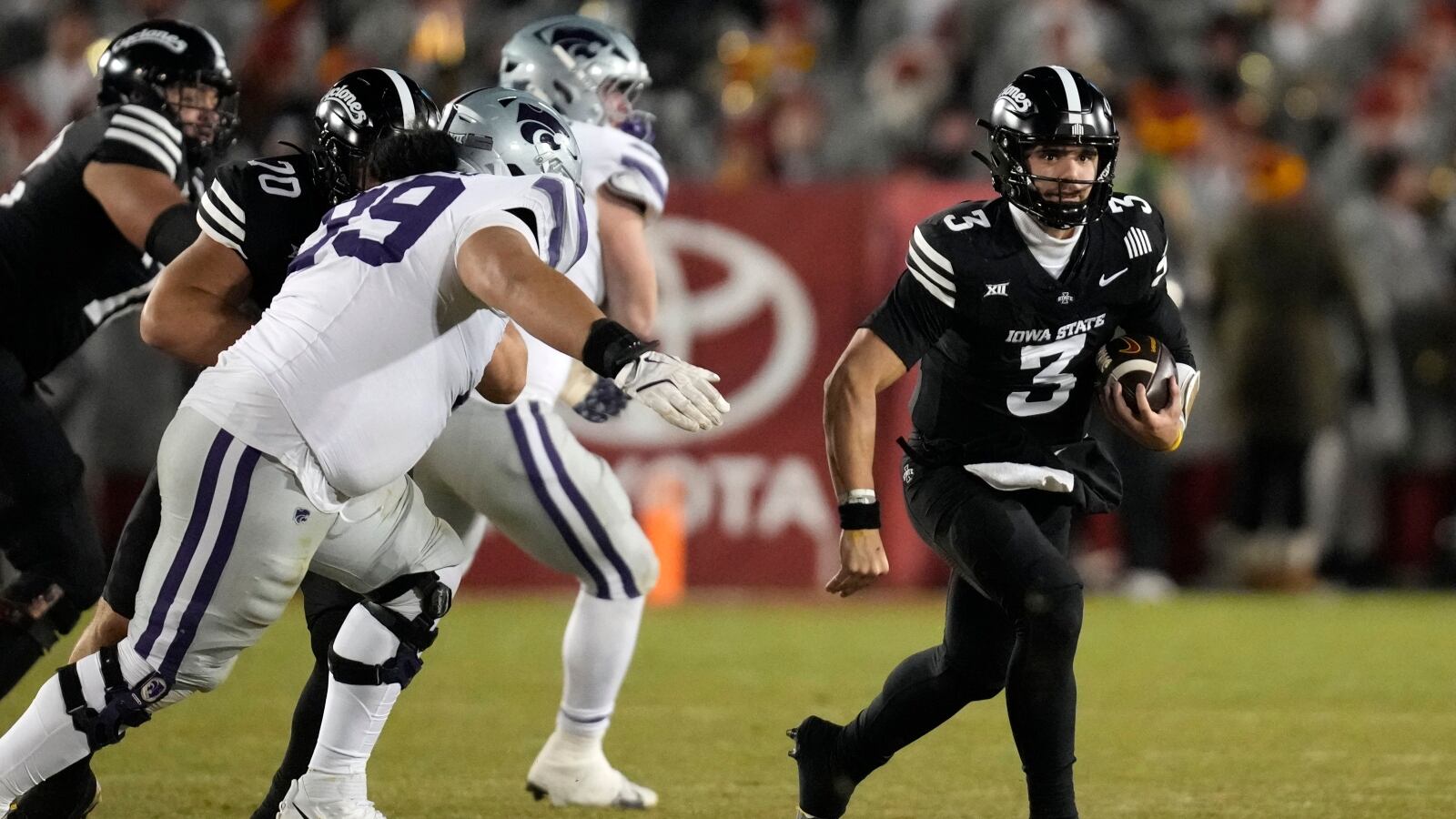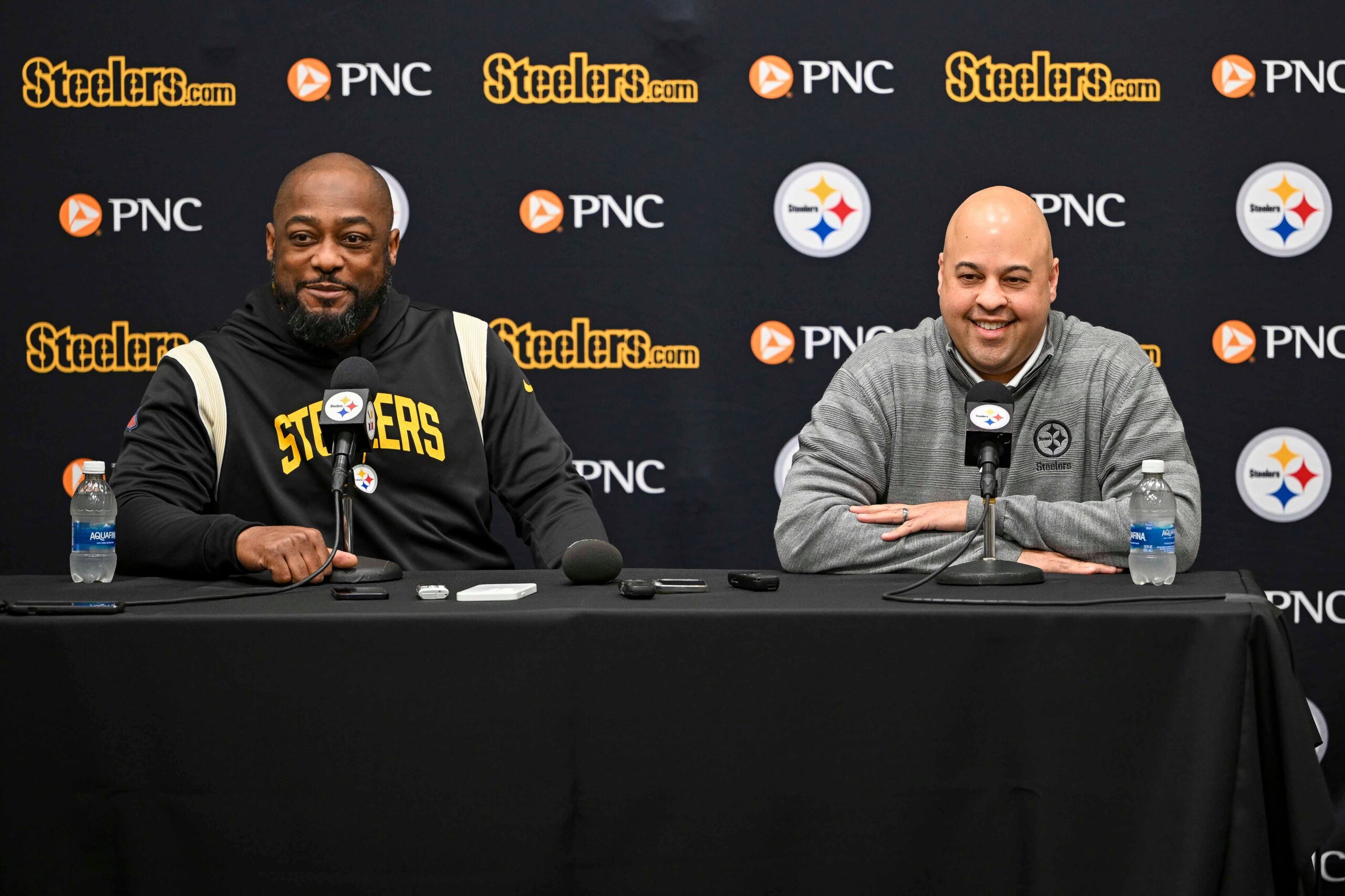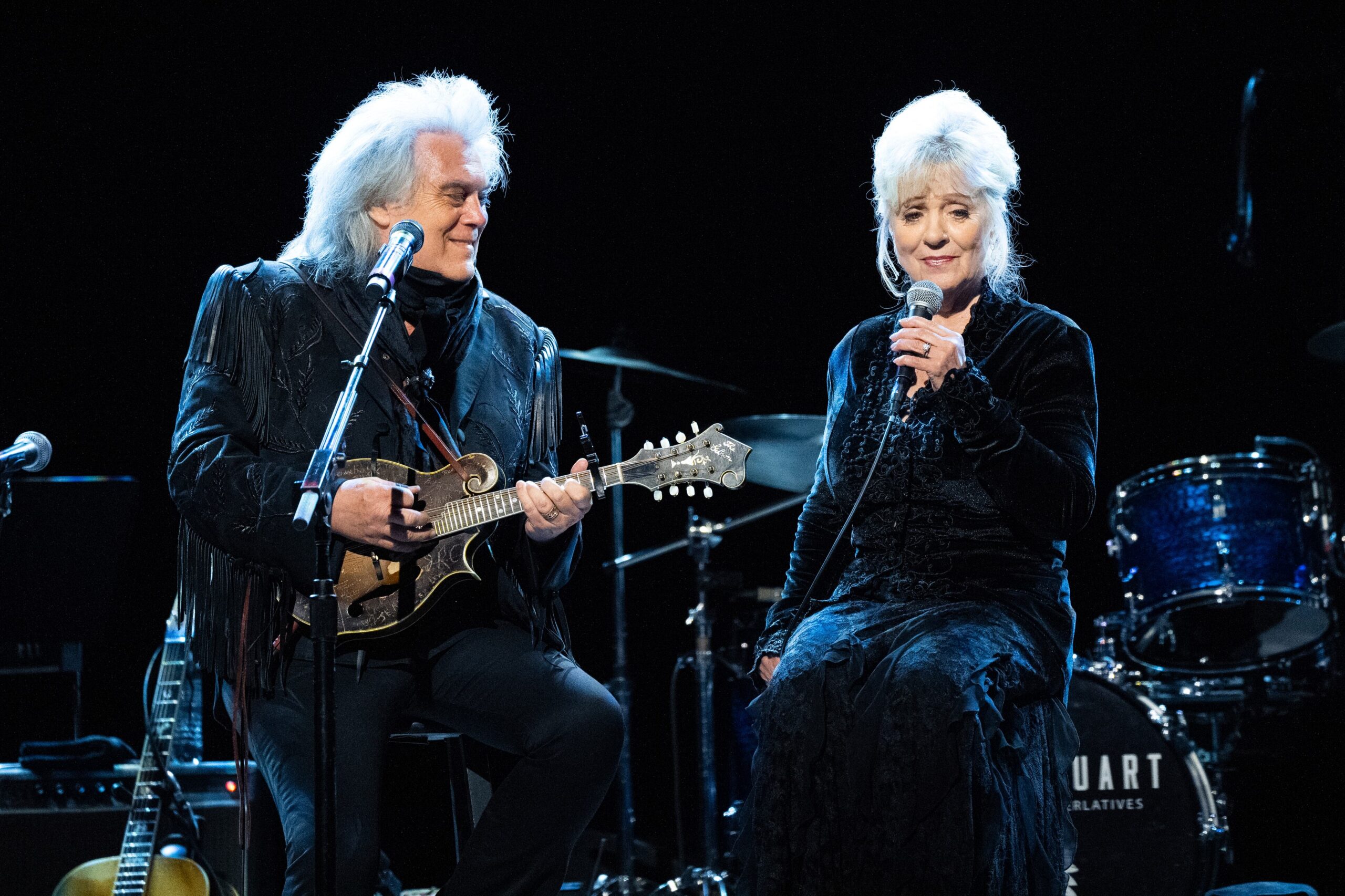James E. Williams Jr., Col.
I proudly served in the U.S. Army, fighting our adversaries abroad. I never imagined that when I got back home, I would have to deal with another foe.
I fought a different kind of battle after receiving a prostate cancer diagnosis years after my service. Fortunately, I made it through both. However, survival requires more than simply willpower and perseverance. It concerns health care access, which is dependent on Medicaid for millions of Americans, including innumerable veterans.
Currently, Congress is about to use the reconciliation bill to remove $793 billion from Medicaid. Veterans’ lives are at risk, this time at home. For 39% of non-elderly adult Veterans, Medicaid is their only source of coverage, allowing them to obtain treatment and recovery services for chronic conditions, such as cancer, support for substance use, and preventive screenings for mental health care.
As someone who has survived cancer, I am aware of how crucial early identification and access to high-quality, reasonably priced care can be. Thirty-four years after my diagnosis, I might not be here today if I don’t have dependable coverage. The survival of my fellow veterans is at jeopardy due to the projected Medicaid cuts.
It would be a betrayal to those who served if they were to become law. I can’t watch helplessly as this occurs.
These changes directly contradict the resolute pledges to support our soldiers that we frequently hear from legislators. All veterans who do not qualify for Veterans Affairs (VA) health benefits are left without access to care, as Medicaid cuts negate such guarantees.
Furthermore, the coverage provided by VA benefits is not equivalent to that of a full-scope health insurance plan, even for those of us who do qualify. It has relatively little coverage, particularly for veterans who live hours away from the closest VA center in rural areas.
These veterans frequently cannot access specialized care and must endure lengthy wait times. Because there was no provider available, I have known veterans who were unable to receive the necessary cancer screenings through the VA.
Fortunately, Medicaid is available to cover these gaps. Veterans’ coverage rates increased and uninsured rates decreased in states that extended Medicaid, like Pennsylvania did in 2015. Ten years later, we are in danger of undoing the tremendous progress that has been made and depriving veterans of access to life-saving medical treatment.
Medicaid cuts would result in more veterans being left without options, more families having to decide between essential medical care and groceries, and more treatment delays for those who need it most.
Access to care for veterans is not the only issue I have. It also applies to our families. Veterans’ spouses and children are not adequately covered by VA aid. Once more, Medicaid is available to close this gap. It makes it possible for our loved ones, who helped us during our time in service, to get the care they require.
Furthermore, more than just our Medicaid eligibility is in jeopardy. The reconciliation measure will increase expenses for all Americans by restricting their access to private insurance and health insurance through the Marketplace. Our nation will become more vulnerable and unwell as a result. This is not what I fought for.
I worked to strengthen and protect our nation from foreign dangers. I can now see the internal risks. Our population must be healthy if we as a country hope to maintain our top spot. The return on our investment in Medicaid and related programs is really good.
Legislators will preserve and improve Medicaid rather than eliminate it if they truly care about helping veterans. We served our nation. We risk our lives for it. Making sure we have access to the medical care we require to survive and live with dignity is the bare minimum this nation can offer in exchange.
I’m urging all of Pennsylvania’s congressional representatives to oppose Medicaid cuts. Anything less would be a dishonor to the principles we fought for and a disservice to veterans.
Retired U.S. Army colonel James E. Williams Jr. is a prostate cancer survivor.






